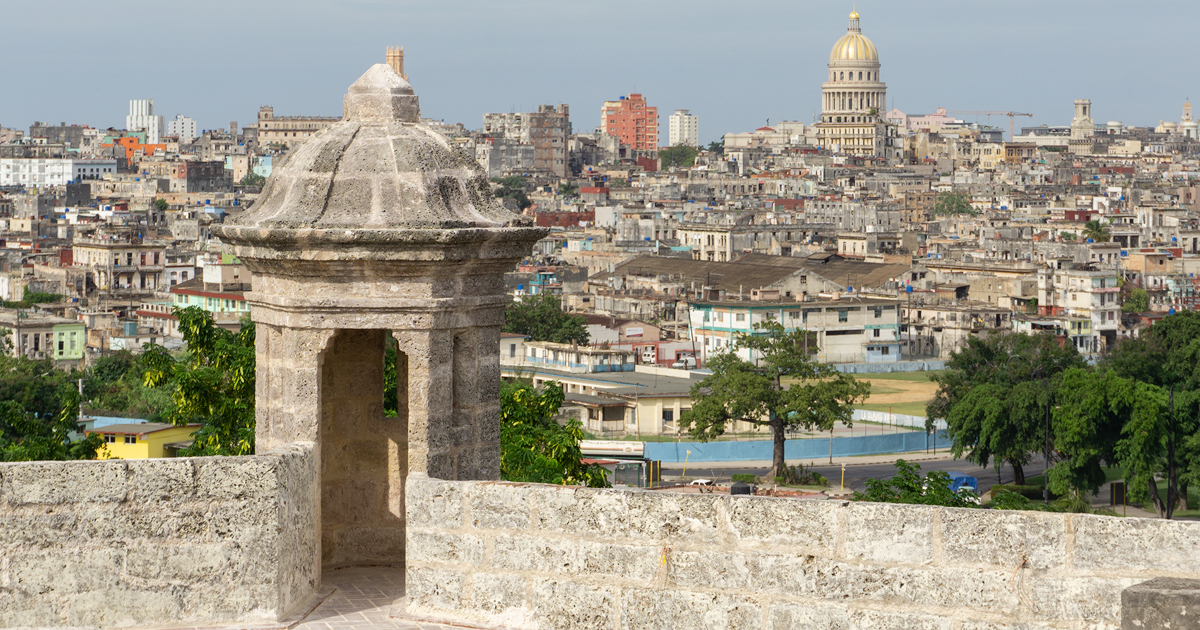The Cuban government has postponed the population census until 2025, citing the country's economic situation as the primary reason for the delay. Initially scheduled to take place two years ago, the census has been repeatedly deferred due to severe resource shortages on the island.
Juan Carlos Alfonso, the deputy head of the National Office of Statistics and Information (ONEI), acknowledged to the international press the adverse impact of the economic crisis on his department. However, he asserted that the Cuban state maintains "very strong records." Alfonso also confirmed the worsening of wellbeing indicators, placing Cuba at an intermediate level in Latin America.
Challenges and Political Implications
Alfonso justified that the ONEI produces statistics, including estimates of migration and inequality indicators, which are not published due to political reasons. It's noteworthy that Cuba has not conducted a population census in twelve years, a period during which the country has faced a significant migration crisis, with an estimated half a million Cubans, primarily young and working-age individuals, leaving the island.
"Obviously, all of this has a cost, without a doubt. A cost to the country's reproductive capacity, a cost to its productive capacity," Alfonso admitted. He mentioned that efforts are underway to conduct preliminary census registration in 2024 and to assess the feasibility of carrying out the full census in 2025, depending on the nation's resources.
The delay in this large-scale survey hampers the availability of crucial data needed for public policy formulation and other governmental accounts. Nevertheless, Alfonso took the opportunity to blame the U.S. economic embargo for the delay. He also listed other obstacles, such as the effects of the pandemic, sanctions imposed during Donald Trump's administration, and economic distortions since 2020.
According to Alfonso, these factors have led to shortages, inflation, frequent blackouts, and unprecedented migration waves. He acknowledged the increasing vulnerability and inequality within the population, as well as the deterioration of the Multidimensional Poverty Index (MPI), designed by the United Nations. He also indicated that inequality, measured by the Gini Coefficient, has risen, currently ranging between 0.4 and 0.5, an intermediate figure compared to other Latin American countries.
Impact of Delayed Census in Cuba
The postponement of Cuba's population census has raised several questions regarding its implications and the country's future. Here are some key questions and answers to provide more clarity on the issue:
Why is the census in Cuba being delayed?
The census is being delayed due to severe resource shortages and the country's ongoing economic crisis, exacerbated by the U.S. economic embargo, the COVID-19 pandemic, and other economic disruptions.
How long has it been since Cuba last conducted a population census?
Cuba has not conducted a population census in twelve years, missing critical data needed to understand demographic changes, especially following recent migration waves.
What are the political reasons for not publishing certain statistics?
The ONEI produces statistics related to migration and inequality, but these are not published due to political reasons, likely to control the narrative around Cuba's socio-economic status.
What are the consequences of delaying the census?
Delaying the census affects the availability of crucial data needed for public policy formulation and other governmental accounts, potentially hindering effective governance and resource allocation.
